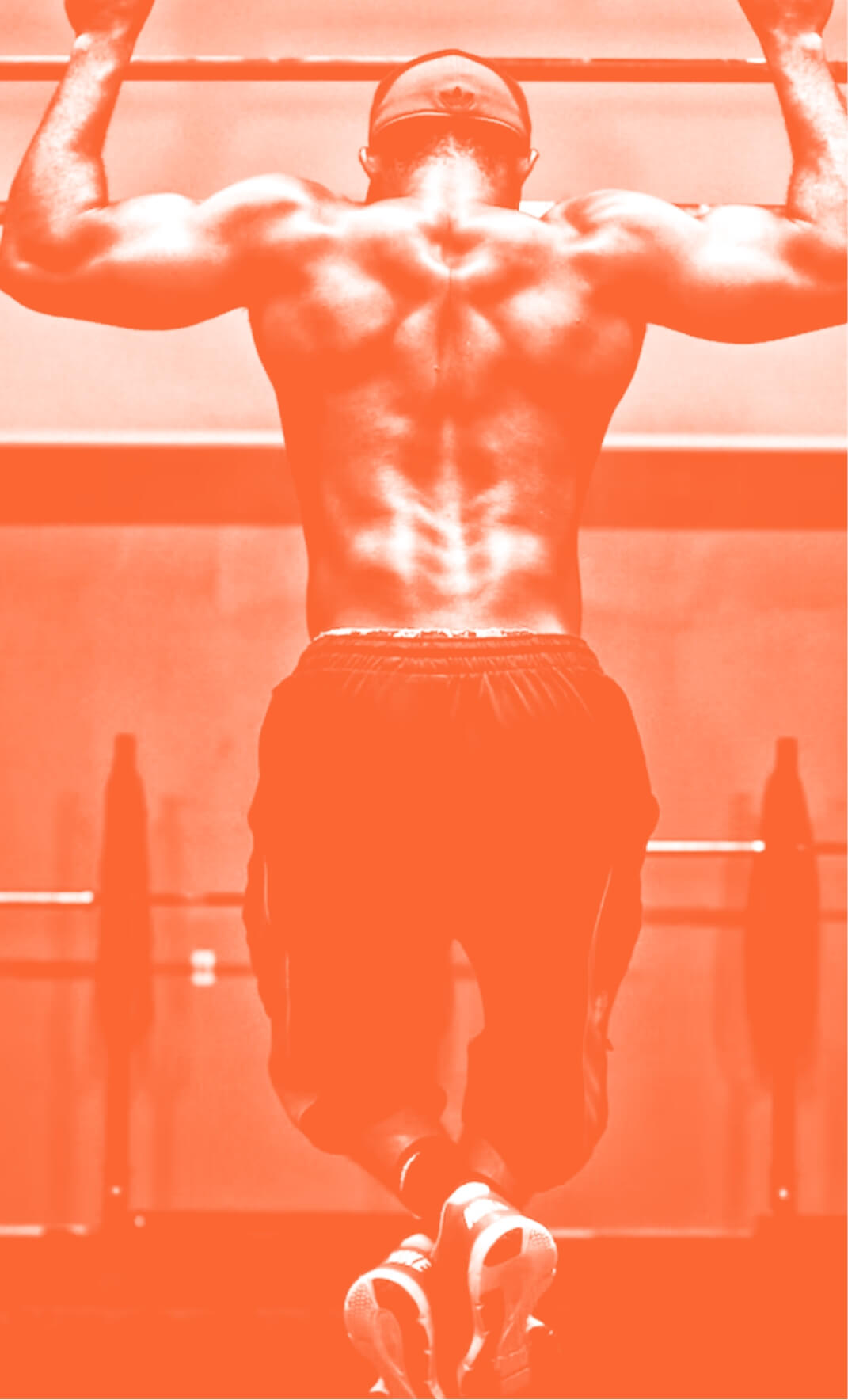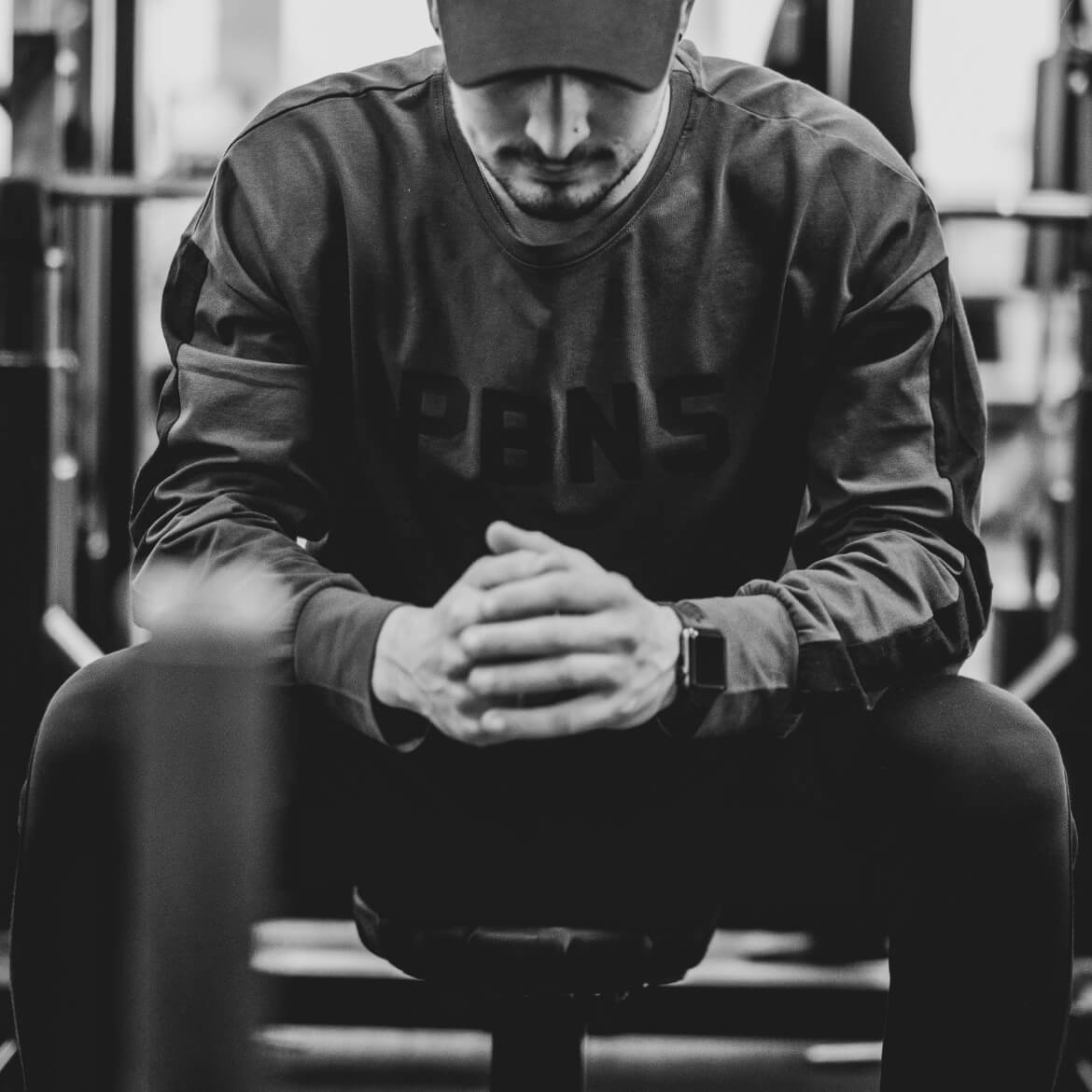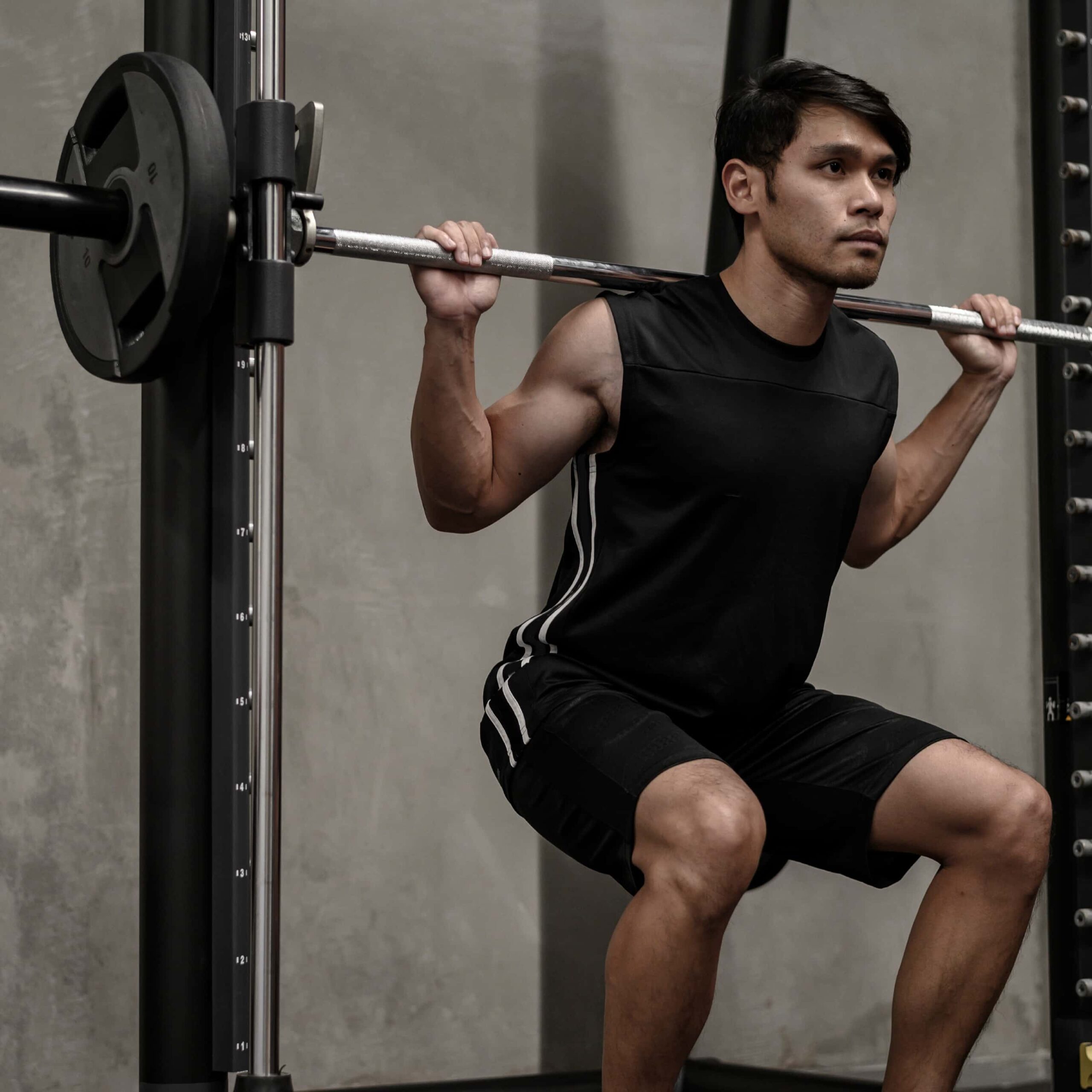A Guide To Mindful Meditation
29th Apr 21

Meditation, or mindfulness, is a great way to focus your mind, increase calmness and reduce stress. There are many different types of meditation, but the basic concept is simple to follow. You might be thinking that it’s a load of rubbish or that it’s some kind of spiritual practice with no benefit to you, but there is so much more to it than that. This guide to mindful meditation will explain what it is, how to practice it, and how it can benefit you.
Want to move fast? Jump to the right section below.
What Is Meditation?

Meditation is designed to help focus the mind, relieve stress and improve calmness. It is an ancient tradition that has been practised for many years all over the world. When you think of meditation, you might think of religion and spiritualness, but that is only one type of meditation. There are many different types, all of which benefit you in different ways, but in this case, we are talking about mindful meditation.
Mindful Meditation
Mindful meditation is about looking at yourself. Basically, you focus on your breathing whilst letting your thoughts pass through your mind without becoming involved in them; they simply pass through your mind and allow you to take note of them. You aren’t trying to turn thoughts or feelings off; you just need to take a step back and observe them without judgement. By doing this regularly, you will find yourself learning to understand them better.
The Benefits

There are many benefits to practising mindful meditation, especially for the brain, and these are very similar to the benefits of exercise. Mindful meditation improves the brain’s ability to focus, meaning that you will notice the effects even when you are not meditating. Better focus can also make other activities in daily life easier, as you will find your mind wandering less the more you train.
Another benefit of mindful meditation is how it can help with anxiety and stress. Practising taking a step back and allowing your thoughts to pass by trains the brain to do the same when you are not meditating. So when something happens that would usually make you anxious, your brain detaches from that sensation easier, meaning it causes less anxiety.
Teaching your brain to take a step back from the things in life that cause us to worry and distract us then allows other things in the mind more space. For example, it can help to improve creativity and memory retention. Having the ability to let distractions pass you by makes it easier for your brain to pick up more information and keep a hold of it.
How To Practice Mindful Meditation

Before beginning meditation, one thing to remember is that this isn’t going to turn you into a new person or wipe your mind off all the thoughts and feelings that pass through in a day. It just helps you learn how to manage them and their effects on you as a person.
1. Find Somewhere Comfortable
Before you start, finding somewhere comfortable to sit is important. You could be here for a good while, and you don’t want to be uncomfortable to distract you. This goes for how you sit too. Crossing your legs can help as it gives you somewhere to rest your hands, but whatever is best for you. Don’t force yourself into a cross-legged position with your hands posed like meditation is always represented as if that isn’t for you.
If you don’t have anywhere comfortable, a yoga mat is a good option. They are soft and comfortable but allow you to position yourself how you find it best.
2. Set Your Time
Don’t jump straight in at the deep end with a long session if you are just starting out. Start small, 2-5 minutes, just to get used to it. Maybe even find an app or video that will guide you through it. Headspace is a great app that allows you to set your time and tailors the meditation to you, so if you are too busy for a long session or want to test the waters, you can.
3. Focus On Your Breathing
If you are going for guided meditation, the video/audio will talk you through the session, but if not, you need to focus on your breathing. Focus on the inhale and exhale, on where you can feel your breath. Is it in your belly? Or in your nose? Allow your breathing to hold your attention and let everything else around you drift away. You can even close your eyes if that helps.
4. Notice If Your Mind Wanders
With this kind of exercise, your mind is going to wander, but don’t worry. When you notice that your mind is drifting, simply pull it back to focus on your breaths.
If your mind does wander, be kind to it. Meditation is about letting thoughts pass without judging them. So if you do find yourself thinking about other things, stick with the meditation and re-focus yourself.
5. Slowly Come Back To Yourself
As your time comes to an end, when you are ready, simply open your eyes (or lift your gaze) and return to yourself. Take note of the environment around you, how your body feels, and your thoughts and emotions.
And that’s it! If you are a beginner, it is recommended that you try guided meditation, as the voice of someone talking you through it makes it easier to understand. As you progress, you can either stick to that or meditate in your own way, which is best for you. You may even find that a longer session benefits you more.
There you have it, our guide to mindful meditation. Why not give it a try, even if you are cautious about it having any effect on you? You might be surprised and find you see benefits to your daily life and mindset rather quickly.

Before beginning any exercise or nutrition program, consult your physician, doctor or other professional. This is especially important for individuals over the age of 35 or persons with pre-existing health problems. Exercise.co.uk assumes no responsibility for personal injury or property damage sustained using our advice.
If you experience dizziness, nausea, chest pain, or any other abnormal symptoms, stop the workout at once and consult a physician or doctor immediately.









